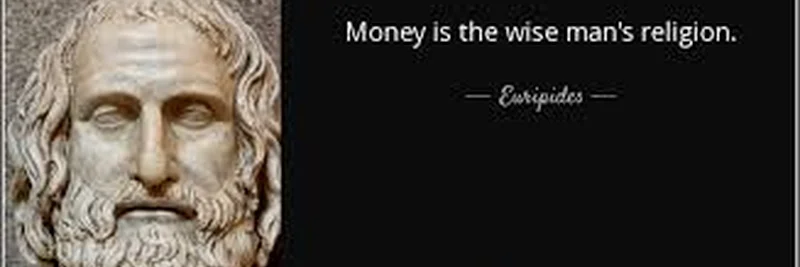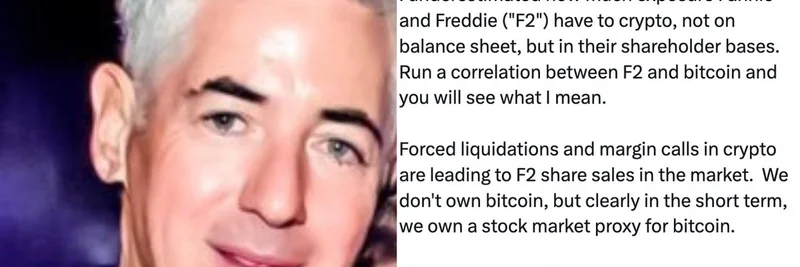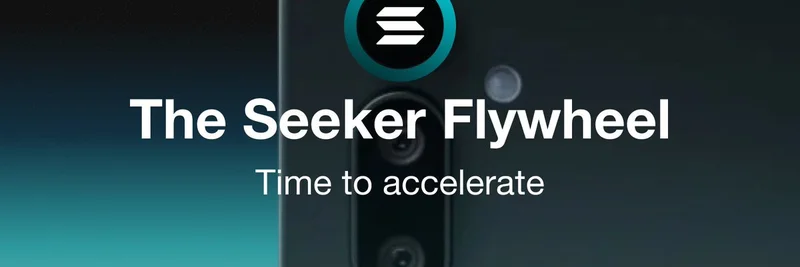In the fast-paced world of cryptocurrency, discussions about privacy, sovereignty, and community dynamics are heating up. A recent thread from hitesh.eth (@hmalviya9) on X delves into these topics, drawing parallels between money as a "religion" and the need for order in crypto ecosystems. Let's break it down and see how it ties into the meme token space, where tribalism runs rampant.
The thread kicks off with a powerful quote from Euripides: "Money is the wise man's religion." This sets the stage for viewing sovereign money not just as a financial tool, but as a belief system that requires structure—or "order," as hmalviya9 puts it.
Bitcoin, often hailed as digital gold, started strong with pseudonymous transactions. But as governments cracked down on tracking, its privacy features weakened. This led some to eye Zcash as the next evolution—a privacy-focused coin using zero-knowledge proofs (a tech that lets you prove something without revealing details). Zcash allows fully shielded transactions, making it harder to trace funds compared to Bitcoin's transparent ledger.
However, the thread warns of fragmentation. With advancing privacy tech, we might see 4-5 competing "digital cash" options, each with fierce tribes defending their superiority. Think of it like meme token communities: Dogecoin fans vs. Shiba Inu holders, each building network effects through hype, memes, and loyalty. In privacy coins, this could accelerate as trust in governments erodes—protests worldwide signal rising demand for untraceable assets.
Hmalviya9 emphasizes that true order comes from crypto-based reputation systems. Without them, privacy alone leads to chaos. Imagine meme tokens integrating privacy: anonymous trading in Pepe or Dogwifhat communities could supercharge adoption, but without reputation mechanisms (like on-chain verifiable credentials), it risks becoming a wild west of scams and disputes.
This ties into "crypto anarchy," a concept from the Cypherpunk Manifesto where tech, not laws, secures freedom. Meme tokens already embody this anarchy—decentralized, community-governed, and often rebellious. As privacy demands grow, meme projects might adopt Zcash-like features, creating hybrid "privacy memes" that blend fun with financial sovereignty.
For blockchain practitioners, this is a call to action. Building reputation layers—perhaps through decentralized identity protocols like those on Ethereum—could prevent the failure hmalviya9 predicts, where disordered money loses value like obsolete brass coins.
The thread (view it here) highlights a pivotal shift. In the meme token world, where virality and community are king, incorporating privacy could birth the next wave of sovereign, tribal assets. Keep an eye on Zcash's trajectory; it might just inspire the meme revolution's privacy era.



